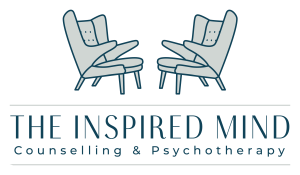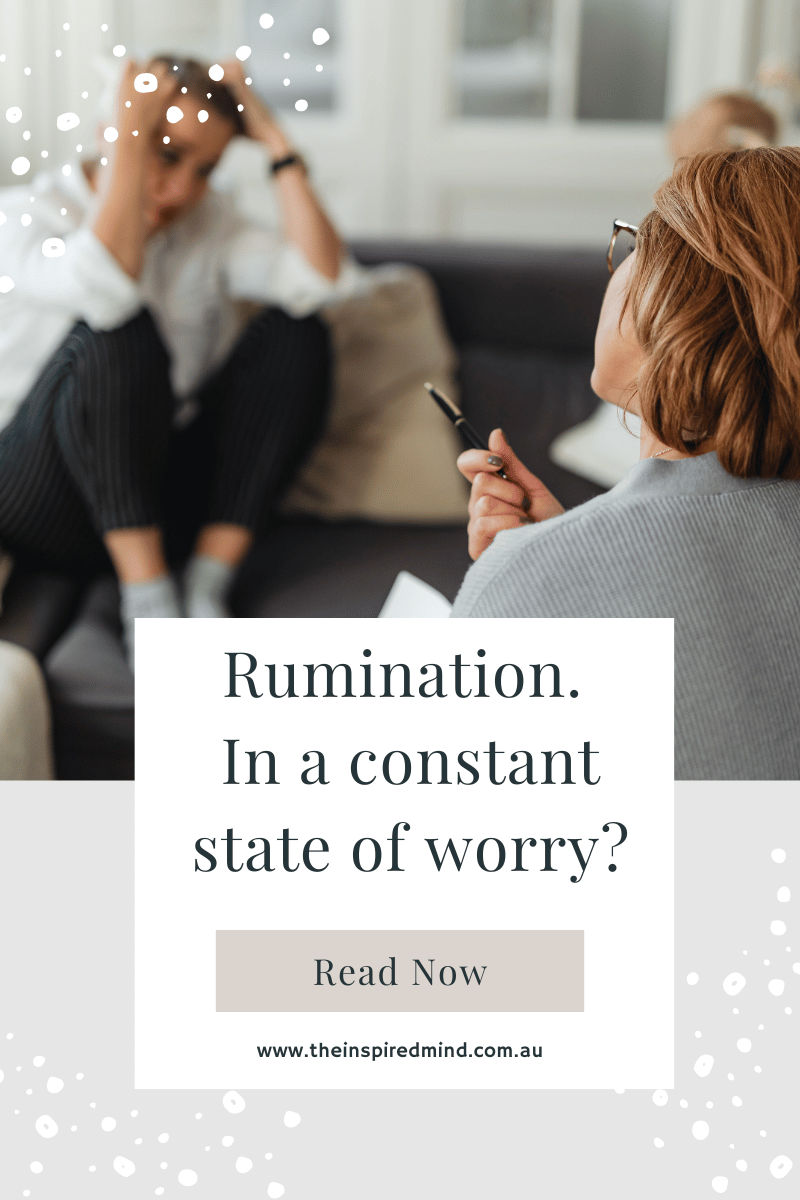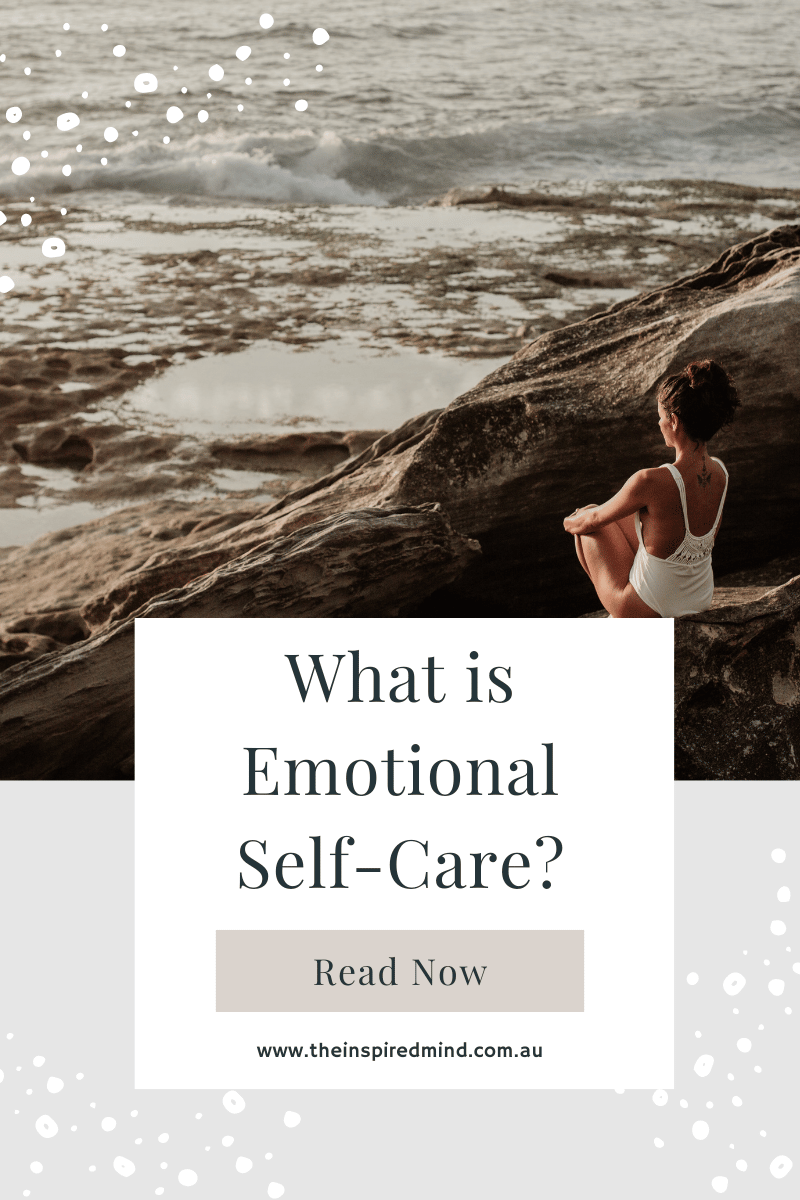Success Stories
Find out how Kirrilly's approach has helped her clients
Client Success Stories
As a counsellor, it is an honour to walk alongside my clients as they embark on their journey towards change. Accompanying people as they work through trauma, let go of unhealthy patterns and learn new ways of being is a truly remarkable process. I am endlessly astounded by people’s ability to overcome and thrive and that’s why I love doing what I do. I have shared with you below a few examples of the work I have done with clients so you can get to know my process and see for yourself how transformative counselling can be.
Kirrilly x
Nora's Story
The issue: Harsh inner critic & people pleasing
The background: When Nora came to me for counselling, she was struggling with the belief that nothing she did was ever good enough. She would make comments like, ‘I’m not smart enough’ and ‘nothing I do is ever right.’ I noticed Nora always went above and beyond in everything she did and despite believing nothing she did was ever up to standard, she was an incredibly capable, talented, and resilient person. After exploring Nora’s childhood and current relationships, Nora revealed she always tried to make everyone happy but would get hurt by any criticism she received in return. She felt no matter what she did, there was always someone who wasn’t happy.
The approach: After getting to know Nora, I shared with her my observations of her patterns of behaviour such as constant busyness, high expectations, critical inner voice, rigid beliefs and people pleasing. By exploring her behaviour and relationships, Nora began to see how her impossibly high standards were keeping her locked in unhealthy patterns that were leaving her exhausted both physically and emotionally. We began to reframe some of her relationships by exploring what values were important to her. Nora began to see that some of these relationships weren’t giving her the kindness and support she needed. Realising this gave her permission to let go of her self-imposed expectations and realise she wasn’t responsible for other people’s behaviour. Doing this gave Nora enormous relief from all the hurt and blame she’d been carrying, and she described a feeling of lightness she’d never experienced before.
We began focusing on her values, which gave Nora a framework to decide who was and wasn’t adding joy and support to her life. By offering herself more kindness and acceptance, Nora became more trusting of her playful, humorous side. She began to reconnect with parts of herself she had shamed or ignored, and she continued to feel lighter and more in control of her life. We then started to focus on what self-care looked like. For Nora, this looked like not pushing for perfection and developing boundaries so she could protect her peace and live to her values.
The outcome: Nora put down the heavy burden of expectation she’d been carrying all her life and let a lightness and happiness into her life. By focusing on her needs and values, Nora stopped taking responsibility for people’s behaviour and found she wasn’t taking their comments personally anymore. Nora’s story is a great example of how much people pleasing can affect our relationships, both with others and ourselves and by making small changes, they can have a big impact.
Jane's Story
The issue: Complex PTSD
The background: When Jane first presented at counselling, she explained she had crippling anxiety, chronic health issues, OCD and a complicated family dynamic. Jane spoke a mile a minute, she worried constantly, over-thought everything and explained she was plagued with fears for her and her children’s safety and yet she couldn’t put her finger on what she was afraid of. Jane was exhausted from managing these symptoms, along with working full time and managing the home. Her extended family also put a lot of expectations on her and would visit often and expect constant emotional support. She found her family system rigid and mired in cultural expectations.
The approach: Jane needed a safe outlet to vent her fears and frustrations, free from the judgement she experienced from family. I gave her space to share how she really felt and showed lots of empathy, patience and kindness. By offering this to Jane, she began to feel safe and supported and we could begin to explore her experiences in more depth.
Jane revealed she had experienced an array of childhood abuse and I was able to share with her that the abuse was not her fault. We explored how her family had dealt with this abuse and this helped Jane start to let go of the guilt and shame she was carrying. We started exploring how her anxious, fearful behaviour was linked to the influence her family had in her life. We explored the concept of complex PTSD and Jane agreed this diagnosis fit her symptoms.
I encouraged Jane to start practicing more self-care and compassion. We explored how that might look for her both emotionally and practically. Jane started being kinder to herself around household duties and started asking for support. We began exploring what boundaries might look like and what Jane was allowed to say no to. This was especially difficult for Jane, given the cultural expectations she had experienced but when she was able to put some boundaries in place, however small, she found a reduction in her anxiety.
The outcome: By putting more boundaries in place, Jane’s anxiety was reduced enough for her to better manage her chronic health symptoms. She was able to see things more clearly and not live in such a hyper-vigilant state. Her sleep improved, her relationships improved, and she could begin to process the guilt and shame and look forward with a more empowered outlook.

People Pleasing
Do you struggle to say no? Do you put everyone else first then feel resentful and neglected? Are you exhausted? Are you beginning to wonder who you are and what you need?
Mary's Story
The issue: Narcissist Family Dynamic
The background: When Mary first started counselling, she had been estranged from her family for some time. Mary explained once she had realised her mother was a narcissist and stood up to her, the rest of her family was unsupportive, so she chose to move out with her partner. Mary was struggling to accept her family’s behaviour and manage her relationship with her partner, who was struggling with her own family trauma and mental health.
The approach: Mary had some knowledge of narcissism but was still trying to come to terms with the impact it was having on her family relationships. We spent time deepening her understanding of how narcissism presents and influences family dynamics, and this gave Mary a few aha moments which although painful did help her realise how she had become the scapegoat of the family, a common occurrence within the narcissistic dynamic.
Mary was also aware that she had some people pleasing tendencies and we explored how this is a common way children of narcissists keep themselves safe. We began to work through her feelings surrounding this and explored how it affected her behaviour both with her family and also in her relationship with her partner. Mary was then able to identify similar patterns and explore how they affected her self-worth and mental health. Having this understanding gave Mary the chance to grieve her childhood along with the loss of her family relationships. She began to release herself from blame and start to get in touch with her needs and how they might look. We then explored boundaries and self-care so Mary could begin to have more control and work towards are more peaceful, empowered future.
The outcome: Mary felt heard, validated and empowered. She had a road map for how she was going to manage her family relationships and how not to repeat unhealthy patterns in her current relationship. Mary’s anxiety reduced and her self-worth increased. Mary’s story shows people can heal from a narcissistic family and look toward a positive future.
Give yourself permission
to heal & grow
Be inspired by our latest articles
Rumination
Do you find yourself constantly worrying? Do you beat yourself up about something you’ve said to someone and worry you’ve somehow offended them? Are you always focussing on wha
What is Emotional Self-Care?
Self-care has become a byword for taking care of yourself, but when it comes to our emotions, they’re often left behind. Here’s how you can reconnect with your inner self throu
The Triple Bind
What is the Triple Bind and how is it tying our daughters’ hands? There’s a problem facing young women today and it’s creating a generation of us who are becoming cripple






